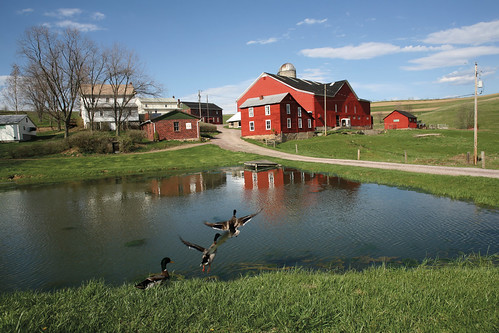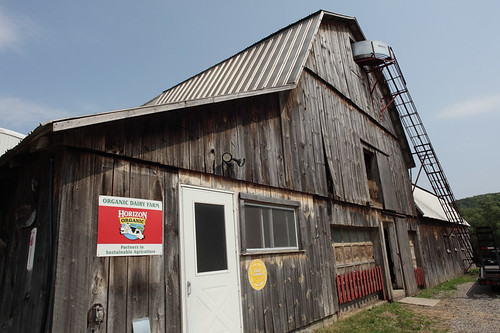
Organic food sales in the United States have shown double-digit growth during most years since the 1990s, and this trend shows no sign of slowing. The Nutrition Business Journal reports annual growth in the nation’s organic food sales has generally exceeded 10 percent since the downturn in the American economy in 2008. U.S. organic food sales approached an estimated $37 billion in 2015, up 12 percent from the previous year. The country’s top food retailers, including Costco, Kroger, Walmart and Target, have expanded their organic food offerings in recent years, and have announced initiatives which could further boost demand.
Although organic sales have been increasing from a small base, the Organic Trade Association estimates that U.S. organic food purchases accounted for nearly 5 percent of the total food market in 2014. In addition, U.S. sales of organic personal care products, linens, and other nonfood items were in excess of an estimated $3 billion in 2014. Certified organic farmland has also expanded, while not as fast as organic sales.
The top two organic food categories—fresh fruits and vegetables and dairy products—have been increasing rapidly, along with sales of organic bread, packaged foods, snacks, beverages, poultry, meat and condiments. U.S. fruit and vegetable growers have adopted organic systems more widely than other types of producers. Many of these organic producers market directly to consumers, especially when they are just beginning to farm. U.S. organic dairy production is also expanding rapidly. The organic share of the total U.S. fluid milk market has increased almost every year for nearly a decade, which currently accounts for about 5 percent of the total, that according to USDA federal milk marketing statistics.
The rapid expansion in consumer demand continues to provide opportunities for U.S. producers to enter high value markets. Most organic produce items receive significant price premiums over conventionally grown products, and prices for organic grain crops can be double or triple conventional prices because chronic shortages of domestically produced grains have emerged. A recent Economic Research Service study based on national survey data found that the higher economic costs of producing organic corn and soybeans were more than offset by the higher prices for these crops.
The United States also has a growing export market for organic products. Nearly three dozen organic exports, mostly fresh fruits and vegetables, are currently tracked by the U.S. Census Bureau, and their value topped half a billion dollars in 2014. The annual value of tracked organic imports is currently over a billion dollars, and includes bananas, coffee, olive oil, and mangos, which the United States does not produce in large quantities, as well as wine, soybeans, and other commodities.
USDA will offer it’s first-ever session on the “Outlook for Organic Agriculture” as part of the 92nd annual Agricultural Outlook Forum later this month. As organic agriculture has grown and become a mainstream part of American agriculture, USDA has been increasing organic market data and production research to support this sector. The organic outlook session highlights the outlook for organic producers and the challenges of supplying organic consumer markets. A panel of experts will further explore the opportunities and challenges in this rapidly growing sector. You can find out more about the USDA 2016 Agriculture Outlook Forum at www.usda.gov/oce/forum/index.htm.


